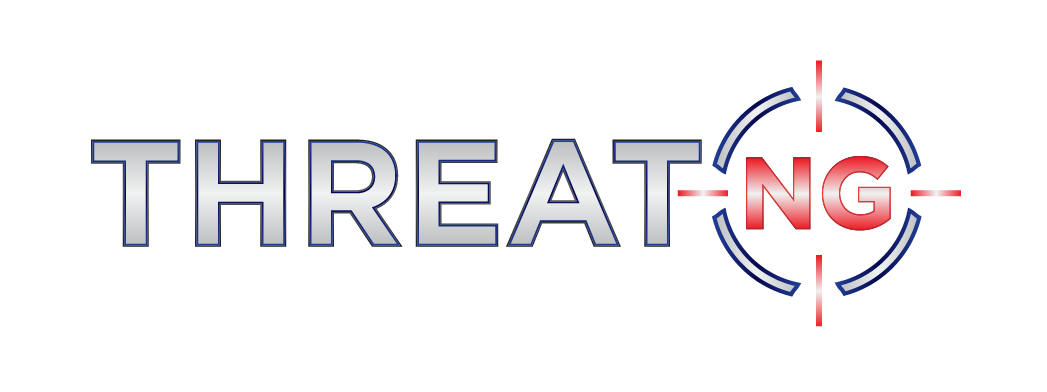
Investigation Modules
The ThreatNG platform helps organizations manage digital risks and improve security posture through investigation modules. These modules cover all facets of external attack surface management, digital risk management, and security ratings providing comprehensive visibility into an organization's digital assets and security posture. They empower organizations of all sizes to identify and assess potential security vulnerabilities, proactively manage digital risks, benchmark security performance against industry peers, gain insight into their reputation, financial performance, and market sentiment, and assess the evolution of their online presence. Overall, providing a comprehensive and integrated approach to managing digital risks, thus giving organizations peace of mind and the confidence to operate in today's digital landscape.

-

Domain Intelligence
Mapping the entire organizational domain landscape allows teams to instantly identify registered assets, subdomains, and DNS configurations. It uncovers forgotten perimeters and ensures every digital entry point is accounted for before an adversary can use it as a foothold. More
-

Sensitive Code Exposure
Automated scans of public repositories and developer platforms pinpoint leaked API keys, hardcoded credentials, and proprietary logic. Such early warnings stop attackers from weaponizing your own source code to bypass traditional defenses. More
-

Cloud & SaaS Exposure
ThreatNG unmasks "Machine Ghosts" and misconfigured cloud buckets that leak sensitive organizational data across the decentralized edge. Visibility into unauthorized SaaS deployments brings hidden cloud assets back under centralized security control. More
-

Online Sharing Exposure
Monitoring document-sharing platforms and paste sites reveals sensitive corporate files or internal roadmaps inadvertently exposed to the public. Access to these insights closes the "Certainty Intelligence" gap by identifying data leaks that occur outside the primary corporate infrastructure. More
-

Sentiment and Financials
Security leaders use market sentiment and financial indicators to anticipate hacktivist interest or increased targeting in response to corporate news. These metrics provide the business context necessary to use intelligence for proactive risk management. More
-

Archived Web Pages
Explores an organization's archived web pages, including various file types (API, BAK, CSS, etc.), directories, subdomains, usernames, and admin pages to uncover potential vulnerabilities and outdated information. More
-

Dark Web
Monitors illicit forums and marketplaces for brand mentions or leaked credentials. Continuous surveillance transforms dark web noise into actionable intelligence, letting you disrupt ransomware narratives before encryption begins. More
-

Technology Stack
Maintaining a detailed inventory of the frameworks, servers, and third-party scripts powering your digital assets provides the foundation for precise risk assessment. Inventory data enables Overwatch to instantly pinpoint every instance of a specific vulnerable CVE or outdated technology across your entire global portfolio. More
-

Search Engine Exploitation
Reveals exactly what a motivated adversary discovers through sophisticated search queries. Sophisticated querying uncovers indexed sensitive directories and configuration files that internal tools often miss, providing a true outsider’s perspective of your exposure. More
-

Social Media
Analyzing the "Conversational Attack Surface" identifies executive impersonations and social engineering traps targeting your workforce. These specific insights feed the DarChain engine with the "Social" data points required to map complete attack paths involving human vulnerability. More

